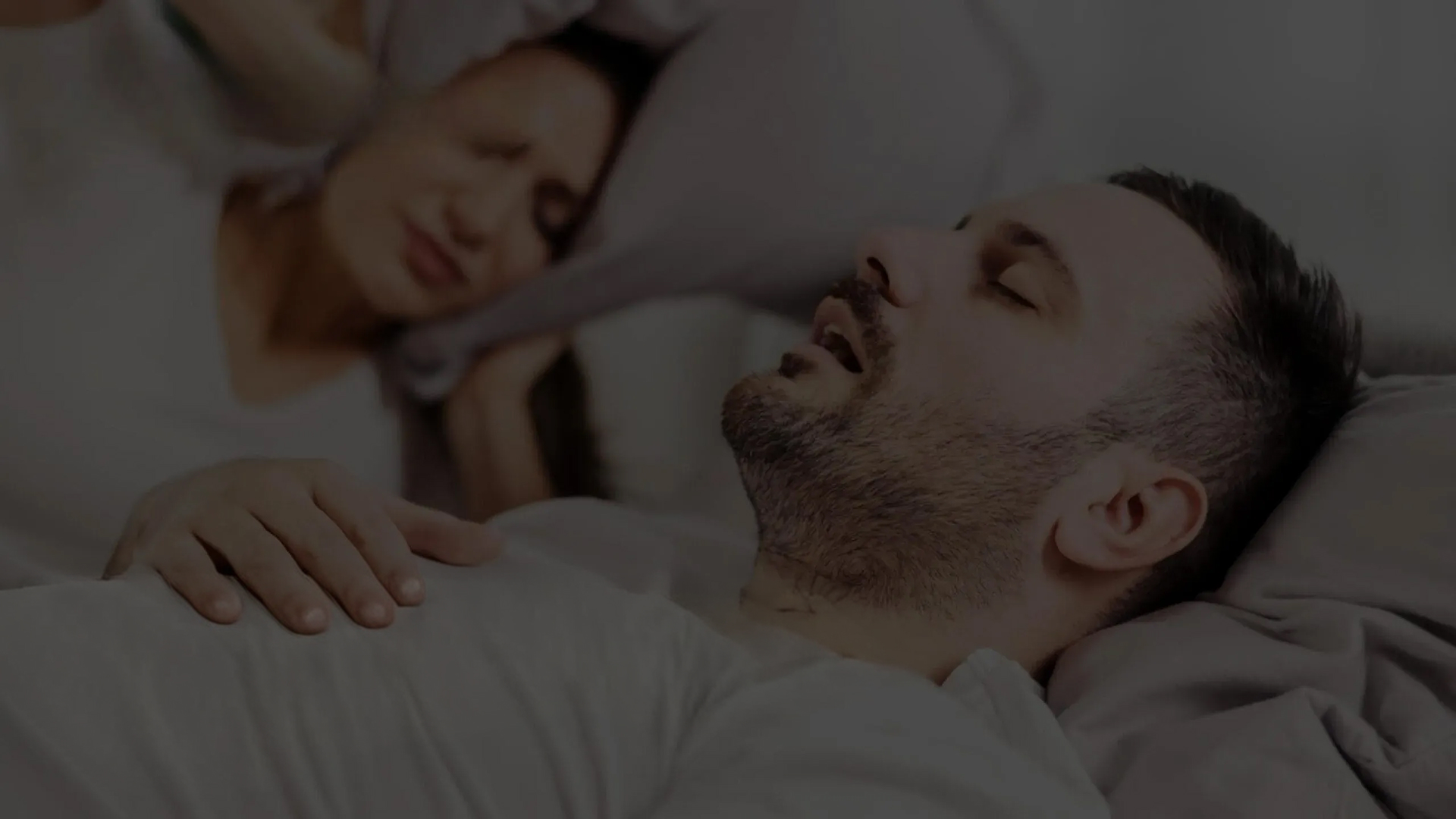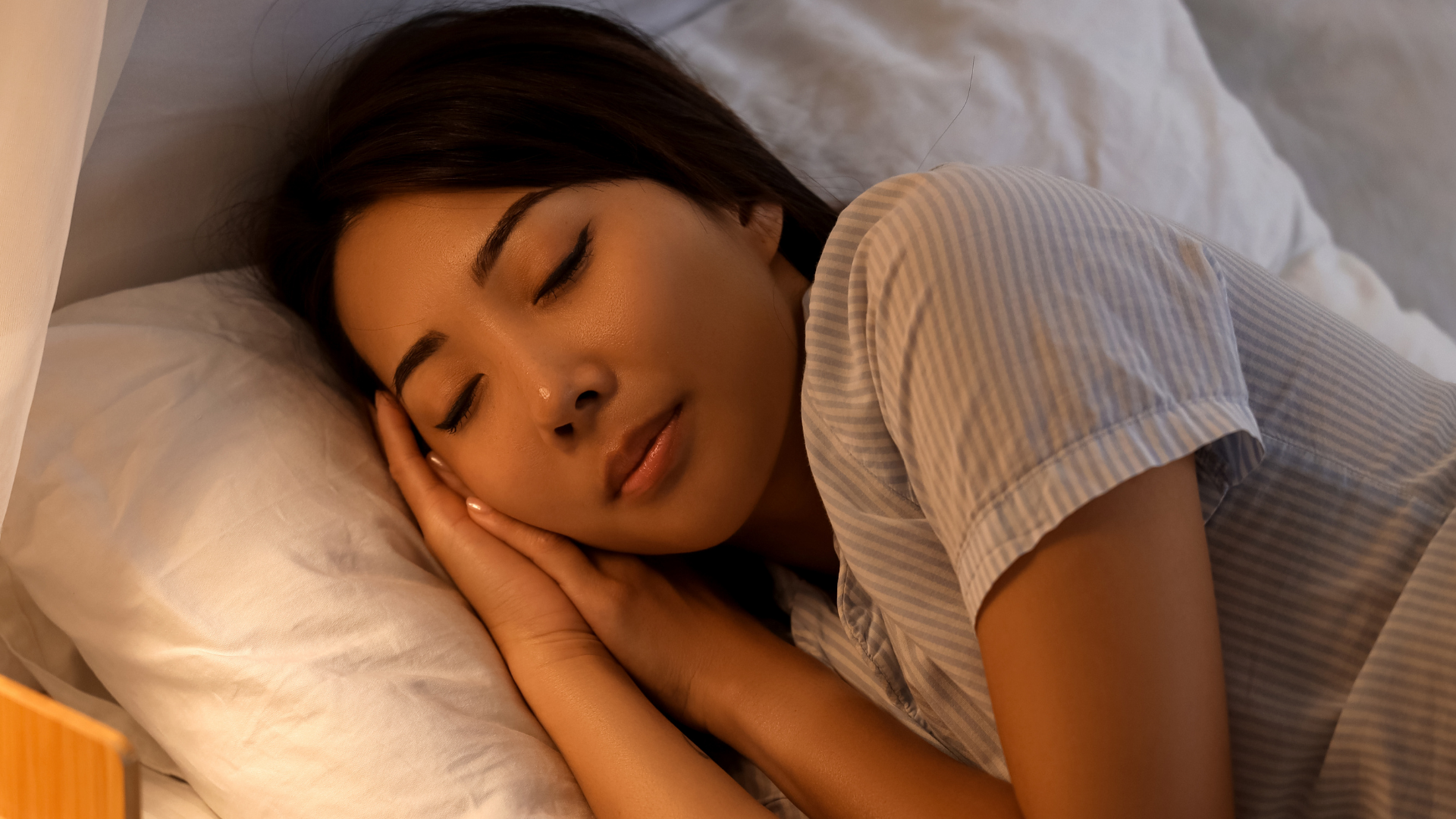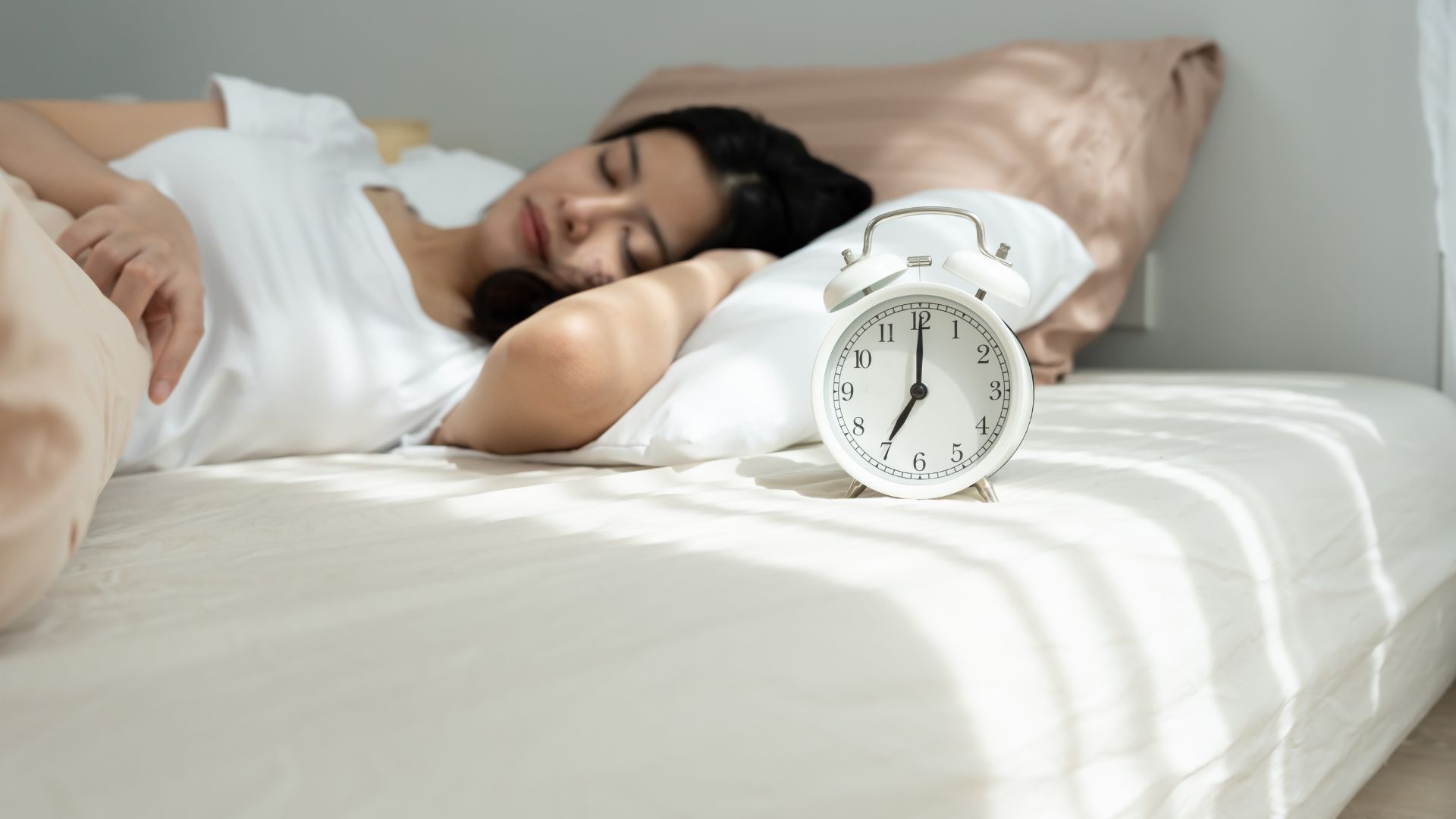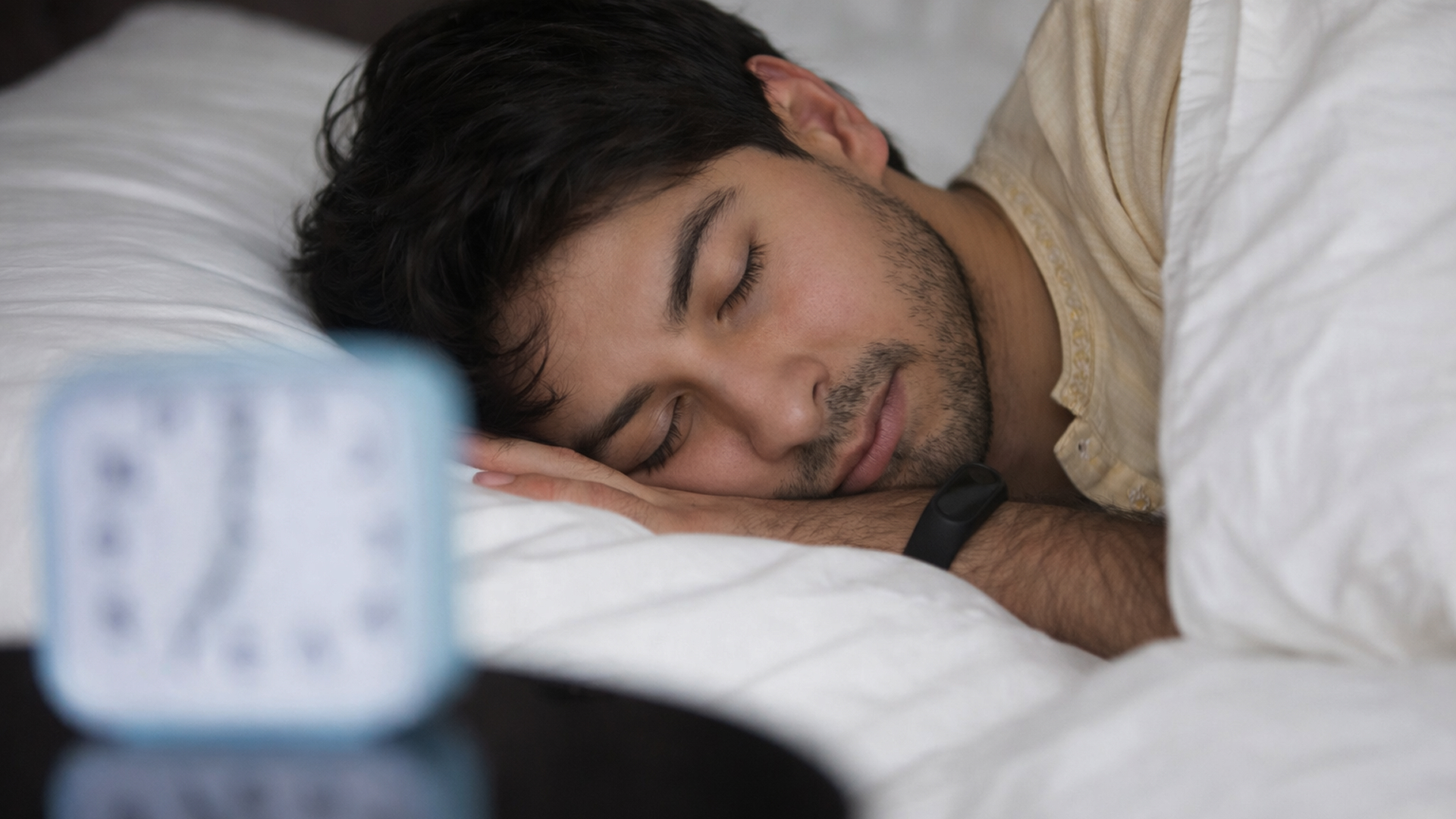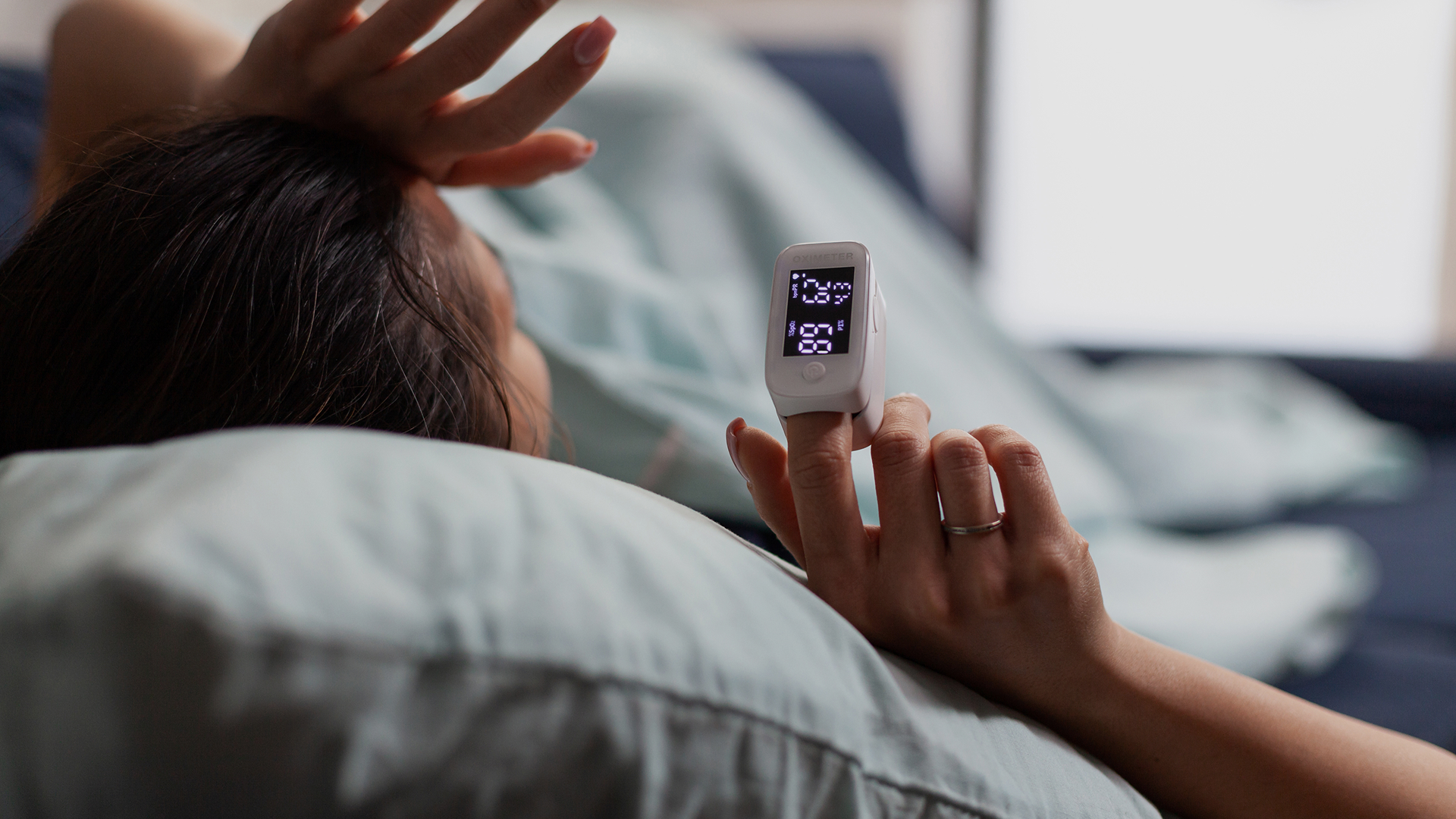Snoring isn’t just a noisy nuisance; it’s often a sign that your sleep or breathing isn’t quite right. Whether you’re searching or wondering why people snore, understanding the reasons for snoring is the first step towards better sleep health.
In many cases, snoring can also be linked to sleep apnea, a serious condition where breathing stops temporarily during sleep. The good news is, there are several tried-and-true snoring treatments, anti-snoring devices, and home remedies for snoring that will help you and your loved ones.
This blog is about 16 effective tips to stop snoring, reduce its effects, and improve sleep quality so that you and your family experience quiet, restorative sleep.
1. Change Your Sleep Position
If you sleep on your back, it could increase the amount of snoring you do. Try sleeping on your side, which will help keep your airway open to decrease the snoring sounds. If sleeping on your side feels uncomfortable, try putting a pillow behind your back to help keep you sleeping on your side. This is a simple adjustment to your sleep position, but it can be a snoring solution and help you avoid snoring at night!
2. Use Nasal Strips
Nasal strips for snoring help open nasal passages, making breathing easier. They’re usually available at most pharmacies and are one of the simplest anti-snoring devices for mild snorers.
3. Mouthguards for Snoring
Using an adjustable bed helps elevate your head, keeping airways open and preventing snoring at night. This is known to be one of the best snoring solutions for consistent snorers.
4. Sleep on an Adjustable Bed
Using an adjustable bed helps elevate your head, keeping airways open and preventing snoring at night. This is one of the best snoring solutions for consistent snorers.
5. Lose Weight
Excess fat around the neck can cause airway narrowing. Losing weight is a scientifically proven snoring treatment and helps reduce snoring during sleep naturally.
6. Stay Hydrated
Dehydration can make nasal and throat tissues sticky, which can worsen snoring. Drink plenty of water to keep tissues moist and help control snoring while sleeping.
7. Avoid Alcohol Before Bed
Drinking alcohol relaxes muscles in the throat, ultimately resulting in snoring. To prevent snoring and sleep better, avoid drinking alcohol 2–3 hours before sleep.
8. Treat Allergies
Allergies may lead to nasal congestion, which may cause snoring sounds from your nose. You may discover that treating your allergies with antihistamines or using nasal sprays (like nasal saline), may be effective in curing snoring by clearing any blockage to your nasal passages.
9. Elevate Yo ur Head
To minimize snoring, extra pillows can reduce airway obstruction, or an anti-snoring device can be used, such as an adjustable wedge pillow.
10. Practice Throat Exercises
Every day, performing simple exercises that target throat muscles will help develop those muscles and can help eliminate snoring. This is a type of natural snoring remedy and can help eliminate snoring naturally!
11. Quit Smoking
Smoking irritates throat tissues and increases snoring risk. Quitting smoking is one of the best home remedies for snoring and improves your overall health.
12. Maintain a Regular Sleep Schedule
When you experience a lack of sleep, your throat muscles can be over-relaxed and lead to snoring. Keeping a consistent schedule to avoid snoring while sleeping.
13. Avoid Heavy Meals Before Bed
Large meals can make your diaphragm move up in your chest cavity, leading to snoring at night. Try to have a lighter meal in the evening, and stop eating at least 3 hours before sleeping.
14. Try Essential Oils
You may also use peppermint and eucalyptus oil to assist you in opening your airways and alleviating congestion. Put a couple of drops in a diffuser to help stop snoring naturally.
15. Sleep in a Humidified Room
Having dry air can irritate your nasal passages. Try using a humidifier to help prevent the snoring sounds from dry air and congestion.
16. Consult a Doctor
If snoring persists, consult a snoring doctor near you or a sleep apnea specialist. Chronic snoring can indicate sleep apnea. Your doctor might recommend a home sleep apnea test, snoring machine, or anti-snoring nose clip.
